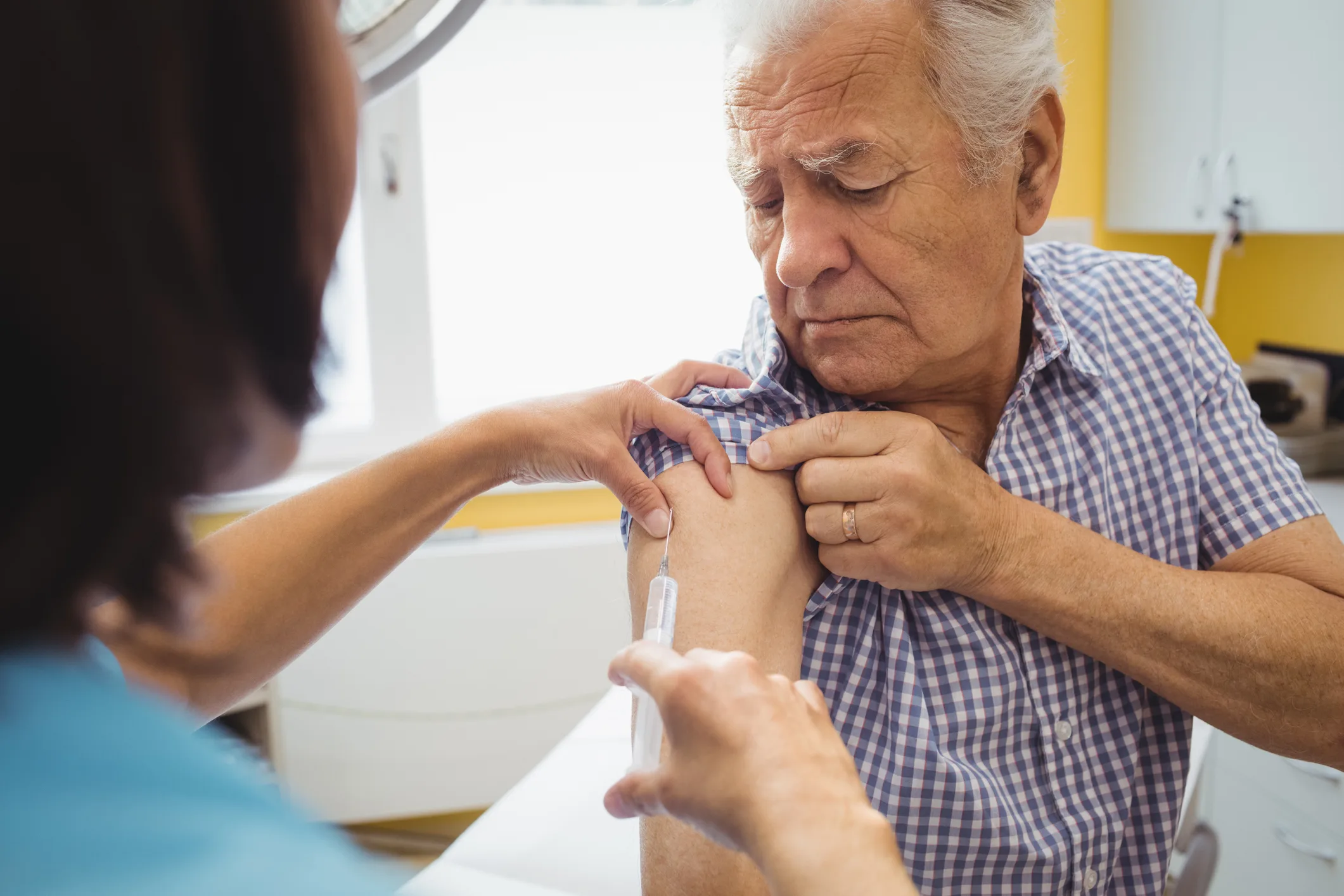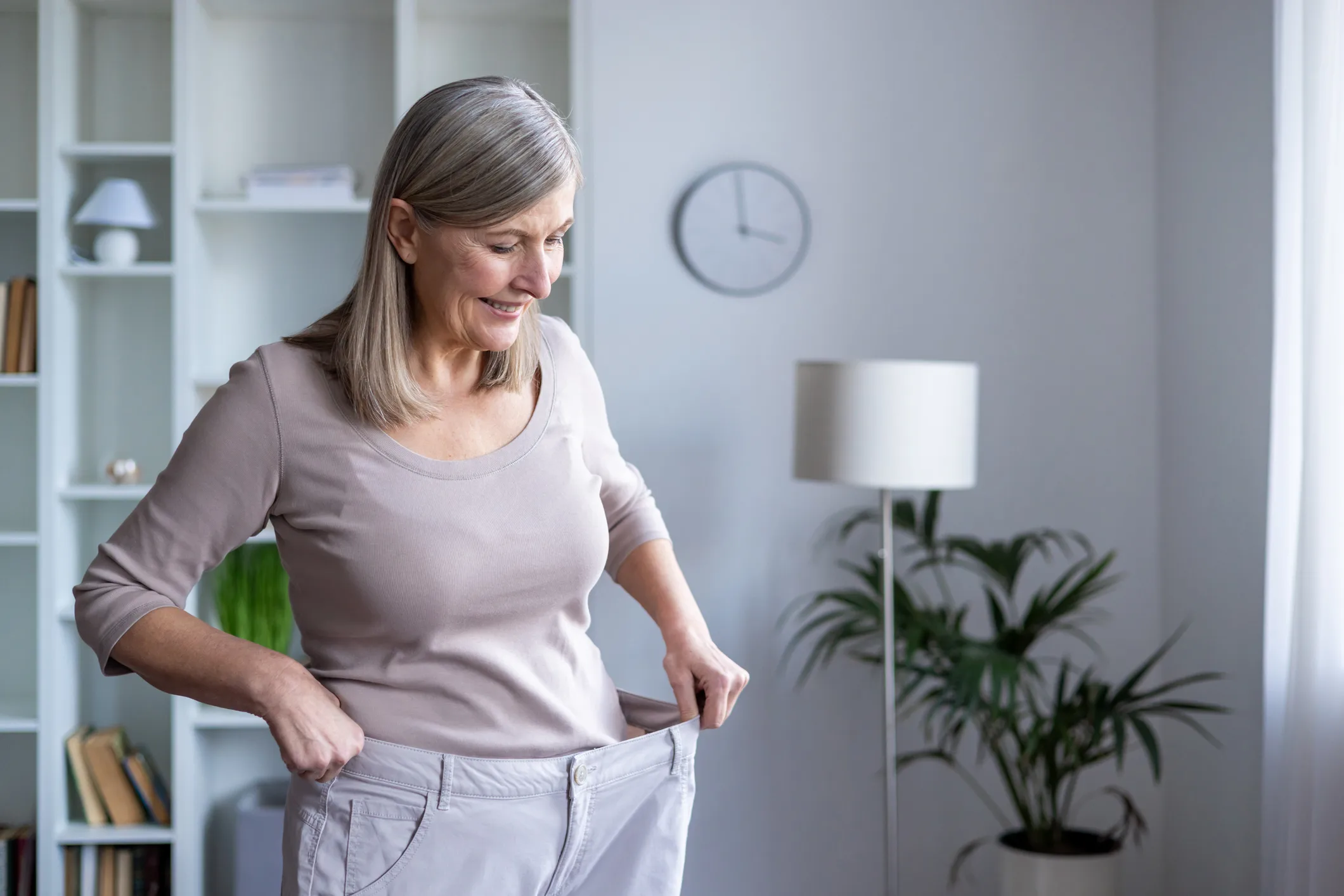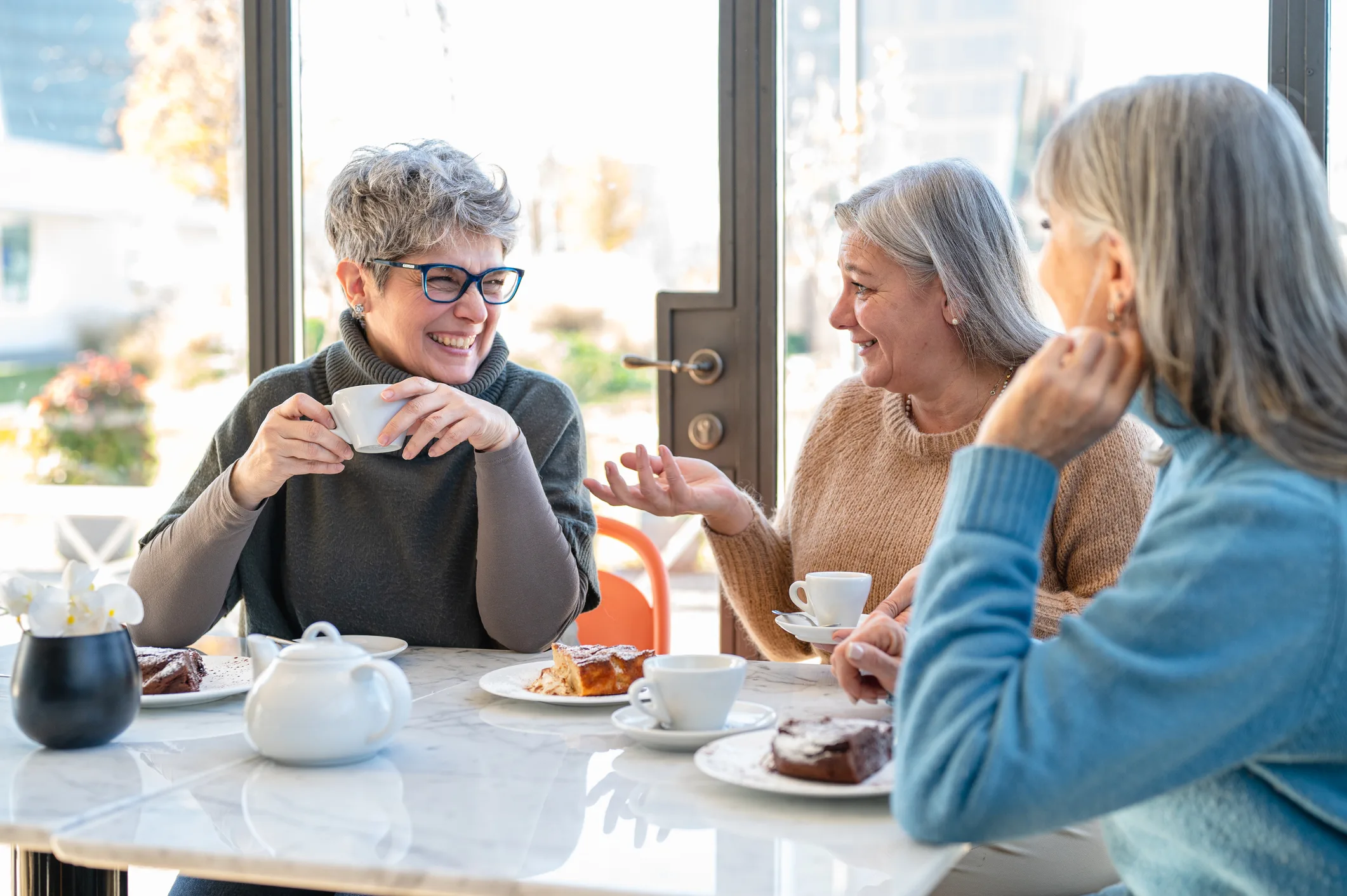“I wish I had the time”
How many of us utter those words when it comes to exercise? Everyone assumes you have to be some kind of “gym rat”, consistently exercising rigorously over many months, to achieve worthwhile and noticeable benefits.
And while the goal of this newsletter is to instill a lifelong pursuit of fitness, health and wellness, a new study suggests that just five extra minutes of exercise each day can help lower blood pressure.
Come again?
No joke. The research shows even small increases in daily physical activity add up to meaningful health benefits over time.
Researchers collected health data from over 14,000 volunteers who wore movement trackers throughout the day and then had their blood pressure measured. The average day of the participants consisted of about seven hours of sleep, 10 hours of sedentary activity (like sitting), three hours of standing, one hour of slow-paced walking, one hour of fast-paced walking, and 16 minutes of physical activity (like running or cycling).
Using the above data the researchers gathered, they modeled what would happen if a person swapped certain behaviors for others each day in order to estimate the effect it would have on their blood pressure. The results? Replacing any less active behavior with five minutes of exercise per day—like stair climbing, cycling, or running—could lower systolic (the top number in a blood pressure reading) and diastolic blood pressure (the bottom number) and reduce cardiovascular disease risk by 10 percent.
What does this mean for you?
The study highlights how blood pressure responds to physical activity in a very positive way. According to Harvard Health, every time we exercise, our blood vessels dilate, which makes it easier for blood to flow and reduces strain on the arteries. Over time, even small, consistent boosts in activity help to improve circulation, make your heart pump more efficiently, and ultimately lower blood pressure. These changes can reduce risks associated with high blood pressure, like heart attacks and strokes.
These five extra minutes are especially impactful for people who already have slightly elevated blood pressure, often called prehypertension. By adding a little more physical activity in each day, people in this range could potentially avoid needing medications or further interventions.
Now there’s no excuse!
Like it or not, there’s no longer any excuse. How many of us can honestly say we can’t find 5 minutes in a day, no matter how busy? A brisk walk around the block, walking up and down the stairs in your house or apartment, or even chair yoga for those of us that are not as mobile, are just a few of the things you can do for this extraordinary benefit.
Source:
An Extra 5 Minutes of Exercise Per Day May Lower Blood Pressure, New Study Suggests











